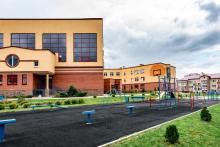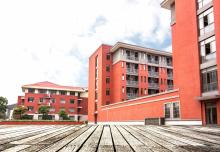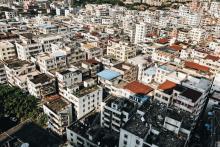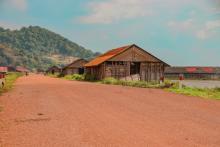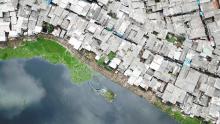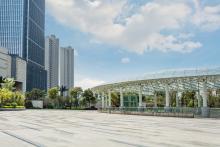Varaždin County School Program, Croatia
At the time this project was initiated in 2006, the schools in Varaždin County, Croatia had become significantly overcrowded. To accommodate all students, schools had started organizing their classes into two core sessions per day, one morning school and one afternoon school, for six days each week instead of five.
